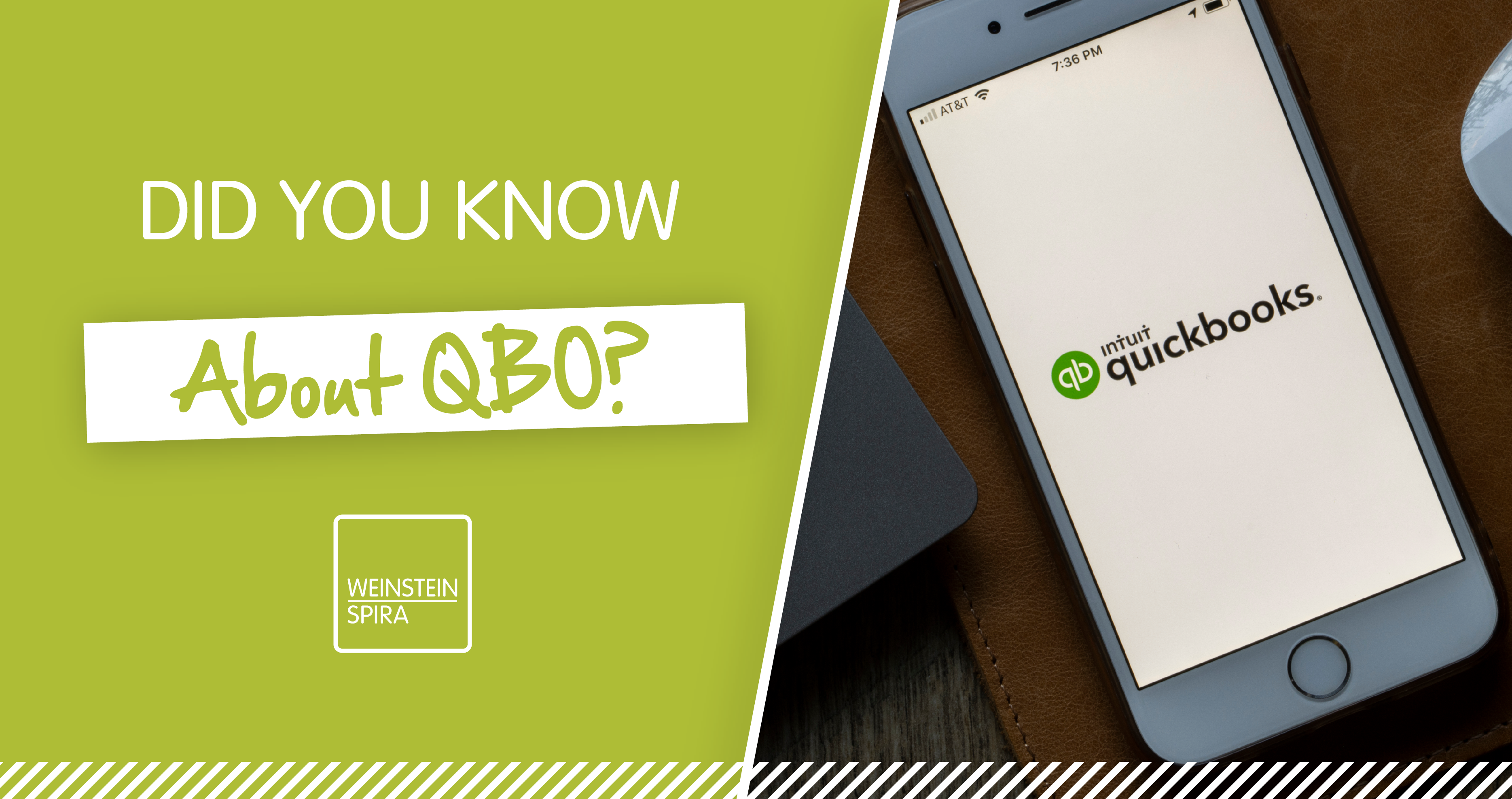by Fernando Rodriguez
I still remember the first day I went to a career fair while I was in college. I was 21 years old, clueless and had no idea how to talk to a recruiter. The only reason I ended up going to this event was because it was part of an assignment for a general business course at the University of Houston. The assignment was simple and straightforward in theory: walk up and talk to recruiters from big companies. So here I was thinking, “how hard could that be?”
As a student/job seeker, I had no idea to what to expect at a career fair. I had no direction on what approach I needed to take. Fast forward 4 years, and I’m now on the other side of the hand shake – I’ve been part of our recruiting team for two years. Therefore, I want to share a few tips with you on what helped me get through the anxiety and fear of talking to recruiters and how I ended up with multiple internship offers.
Lead the Conversation
One common mistake many students make when they walk up to recruiters is that they are not really prepared to have a conversation. Don’t think of this as a simple question and answer session. Recruiters want to converse with you, so make sure to prepare and research the company you are going to talk to. Know the position that you are going to apply for and have an idea of the type of people you are about to interact with. Make it as easy as possible to have a flowing conversation with the recruiter.
I remember at my first event, I did not have any questions prepared. I was simply waiting for the recruiter to ask me questions, and I didn’t have any follow up questions. I was mainly focused on giving my thirty-second elevator pitch and thinking if I nailed that, then that would get me the job/internship. Well, I was quite wrong. Recruiters, first and foremost, look to see the type of person that you are.
They want to know if you fit their culture, but equally important, you want to see if you fit their culture. Prepare to have a list of questions that will lead you to get your answers, and the recruiter will take notice of your due diligence. Also, by you guiding the conversation and getting the answers you’re looking for, you are broadcasting your most valuable asset: yourself!
Go to as Many Events as Possible
Another mistake many students/job seekers make is they think that by simply going to talk to recruiters one time, they are going to immediately dazzle them and make an impression. You have to remember that you are up against a hundred other people that are applying for the same position. Recruiters do not make a decision on the spot. Many times, recruiters want to see candidates repeatedly at their company’s functions. This helps recruiters see how serious and interested you are in working for their company.
Find the Right Culture
My personal recommendation is to talk to as many people as you can from different levels from the companies that are of interest. You want to get a feel for the type of people that work there, so you have a sense of their company culture.
At the end of the day, if you work somewhere that you don’t enjoy their culture, you are probably not going to want to be there in the long run. You might as well put in the extra effort to make sure you are making the right choice.
Know When to Exit with Grace
The last common mistake that students/job seekers make is that they don’t know how to exit the conversation gracefully. Recruiters notice when a candidate is hoarding all of their time. This can come off as either selfish, or it can lead to making the conversation awkward. You will run out of things to talk about and just stand in front of each other in silence. Not good.
The goal is to leave recruiters with an impactful, positive memory of you, not a negative one. Simply thank the recruiter for their time and say you look forward to seeing them at another event.
You now all have the tips to help you out with your recruiting process. Make sure to start implementing them as soon as possible to help you with your journey of landing the job you’ve always wanted. Make sure to practice as much as you can, and be well prepared. I wish you all the best of luck – go get ‘em!




